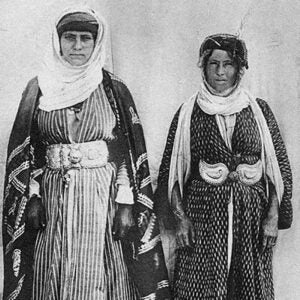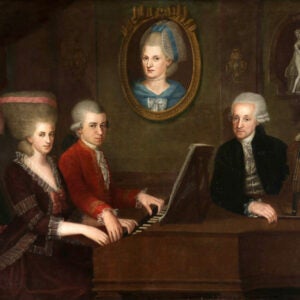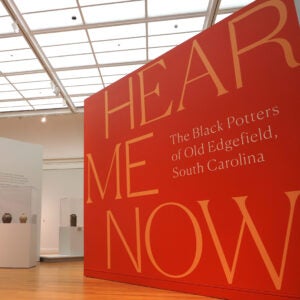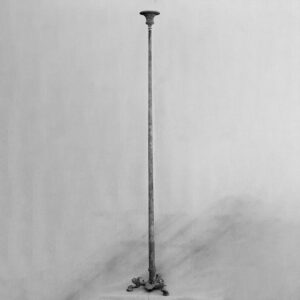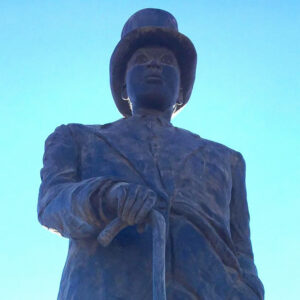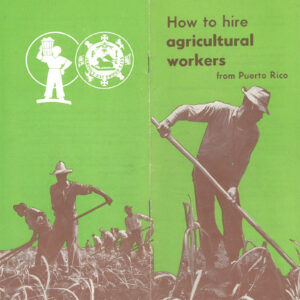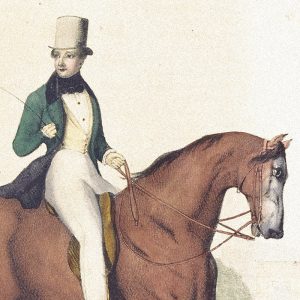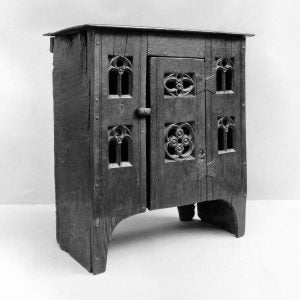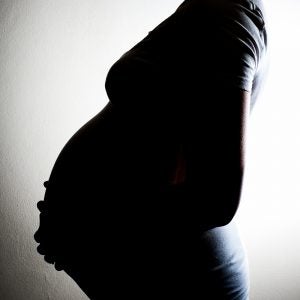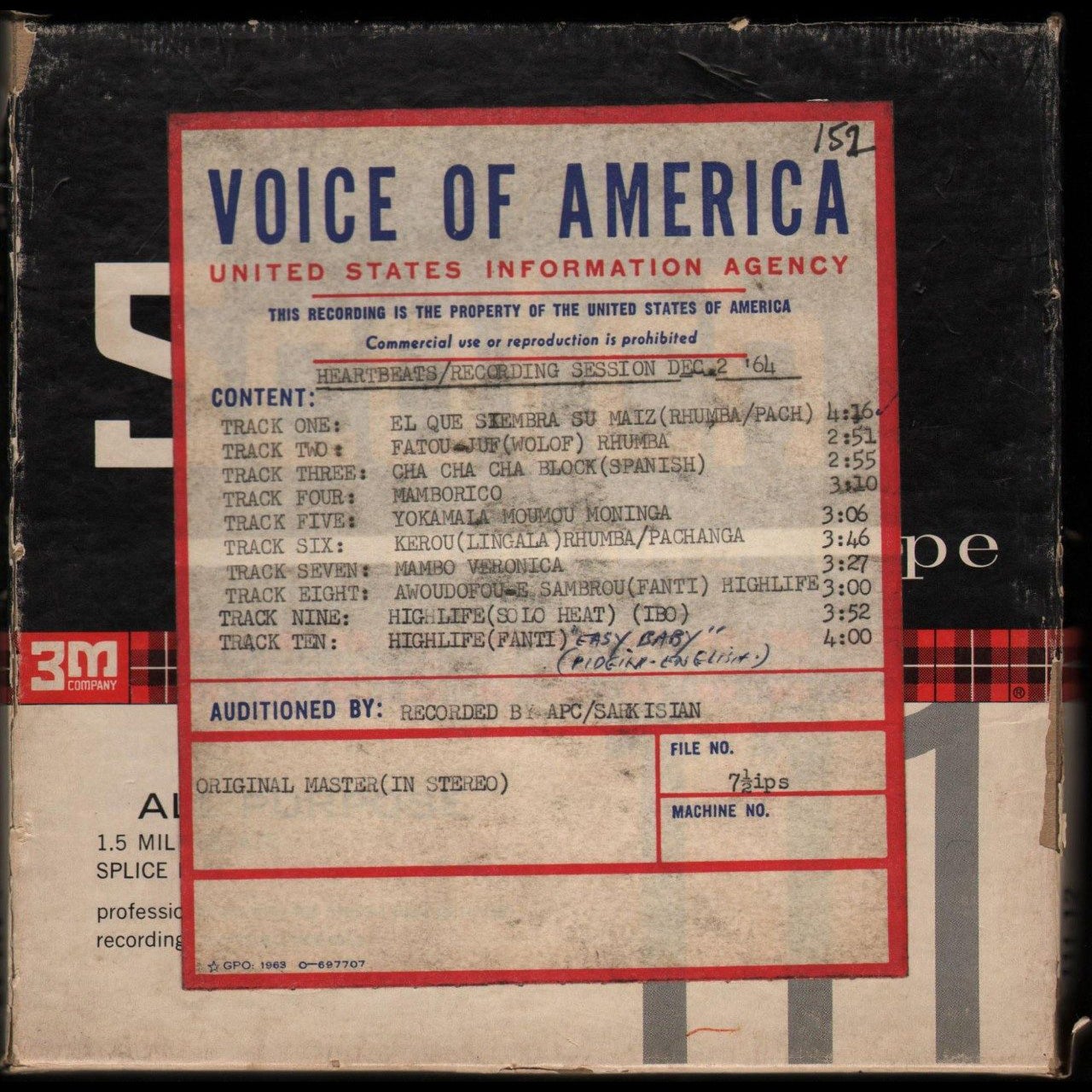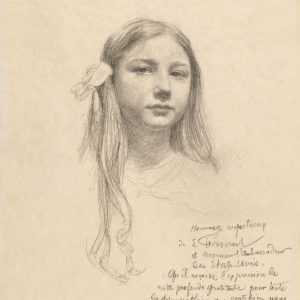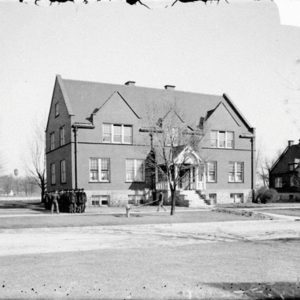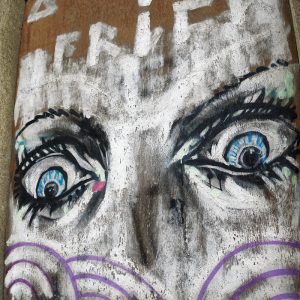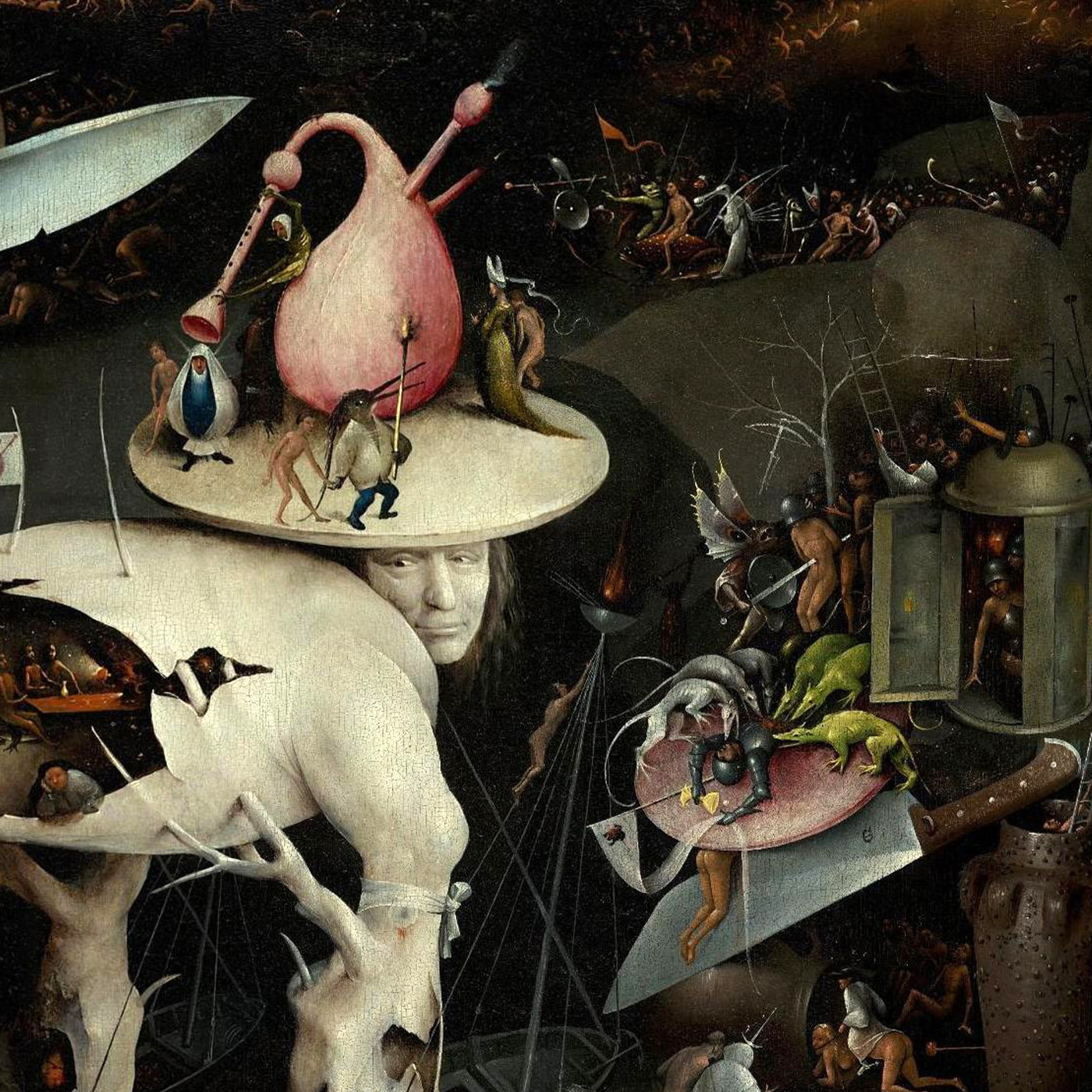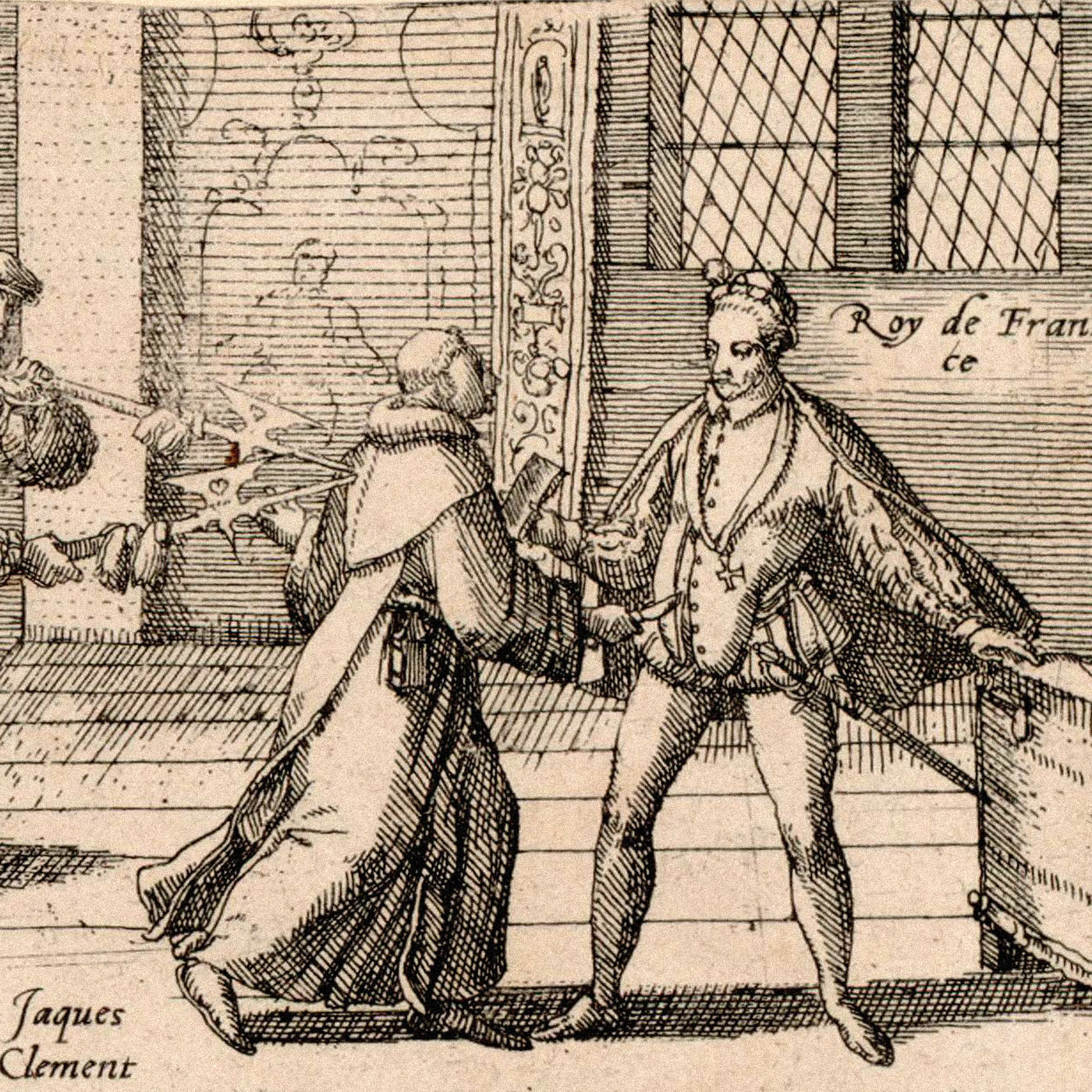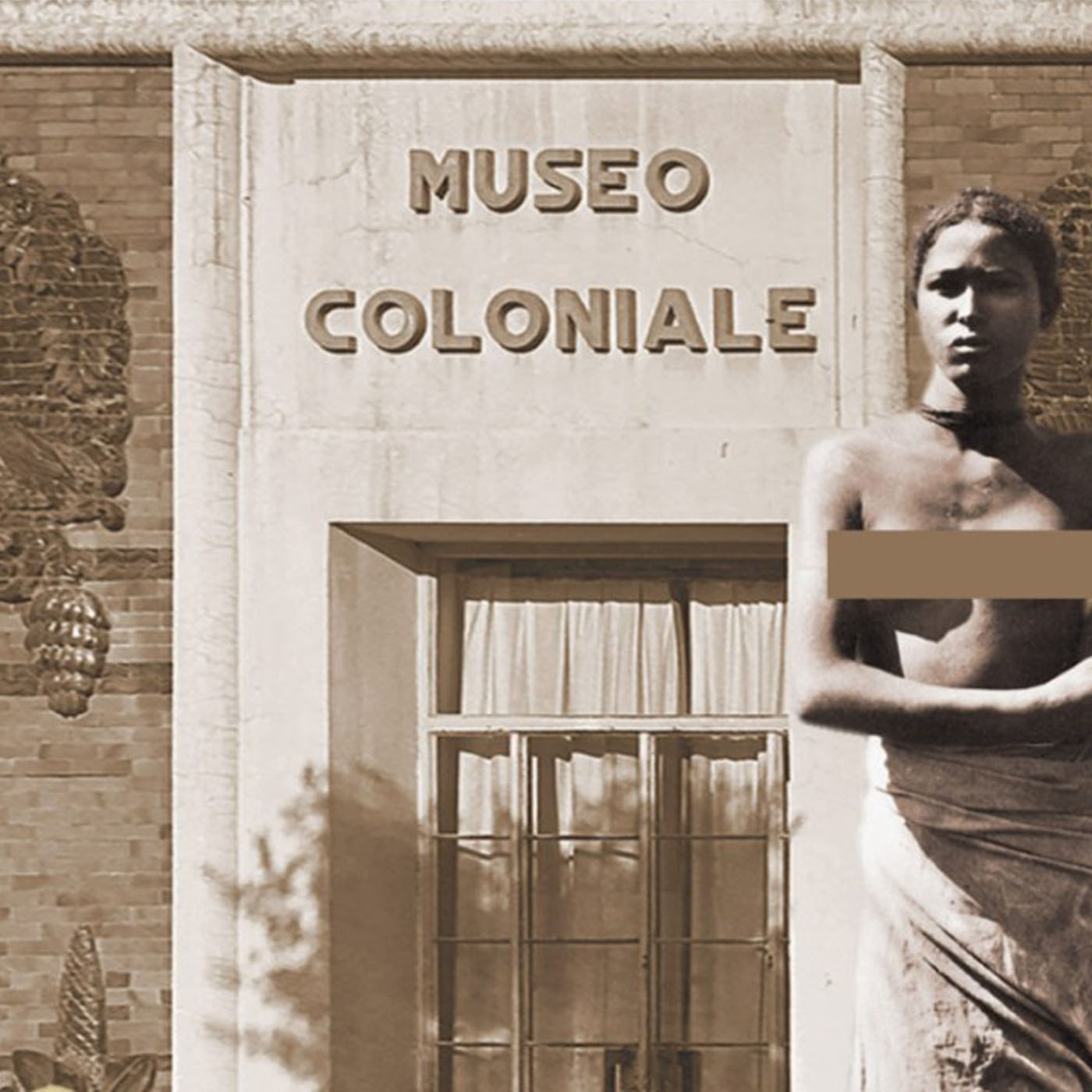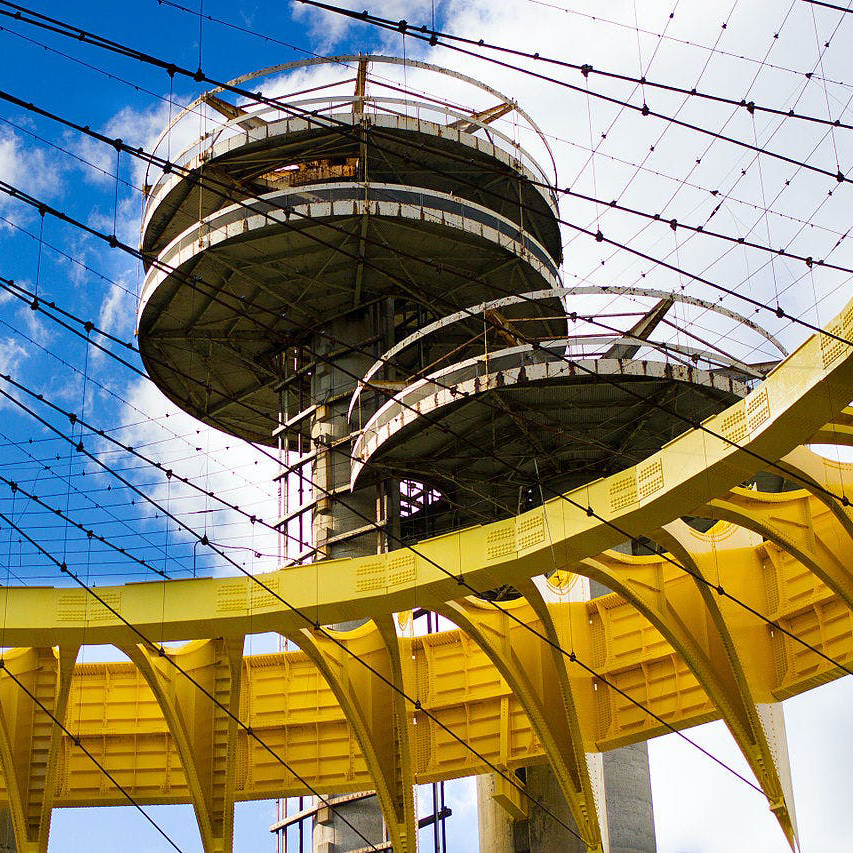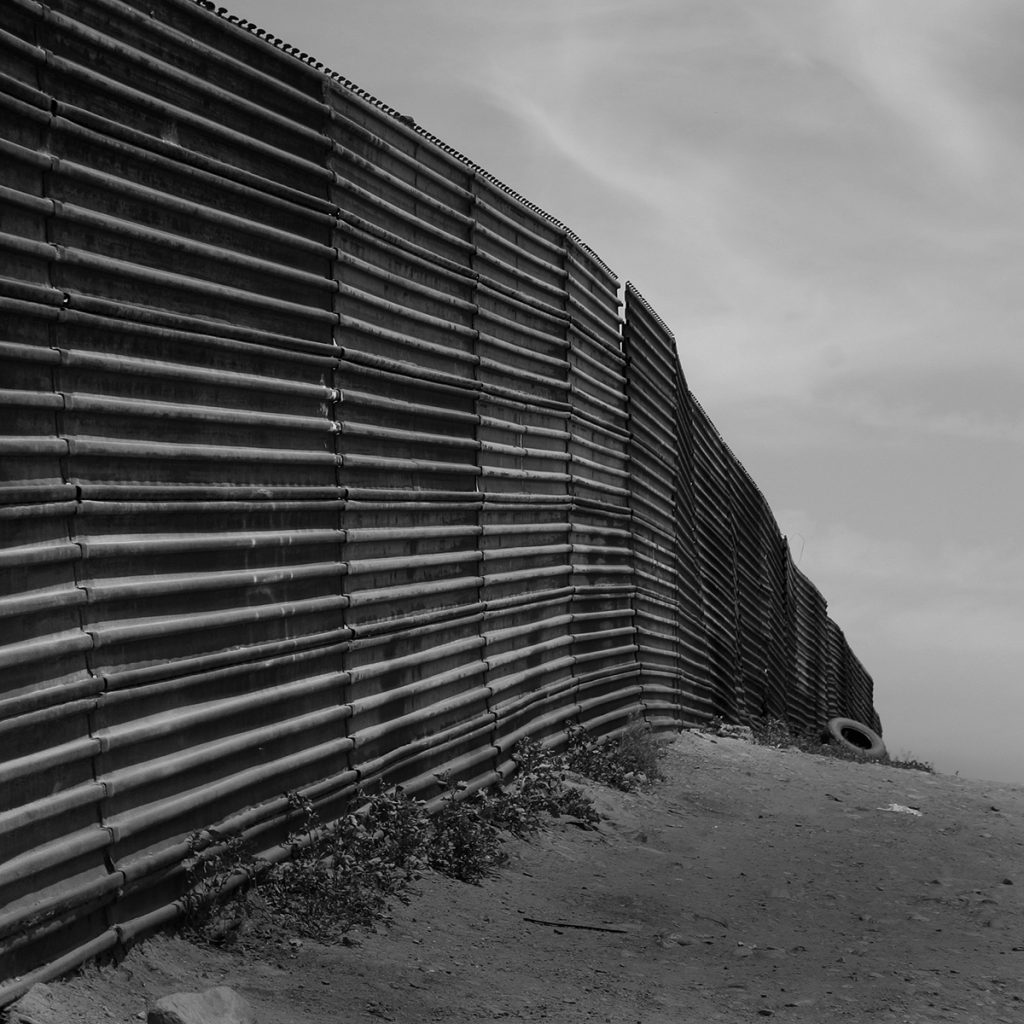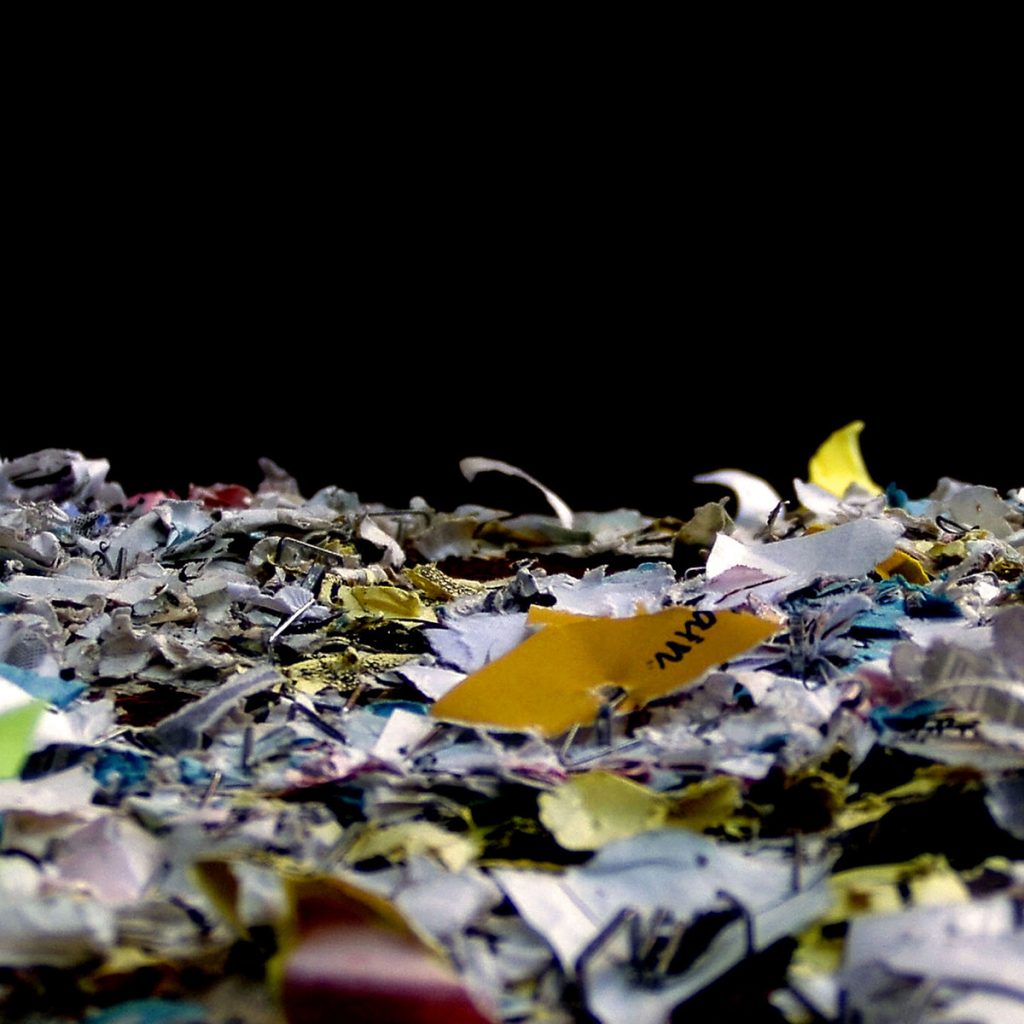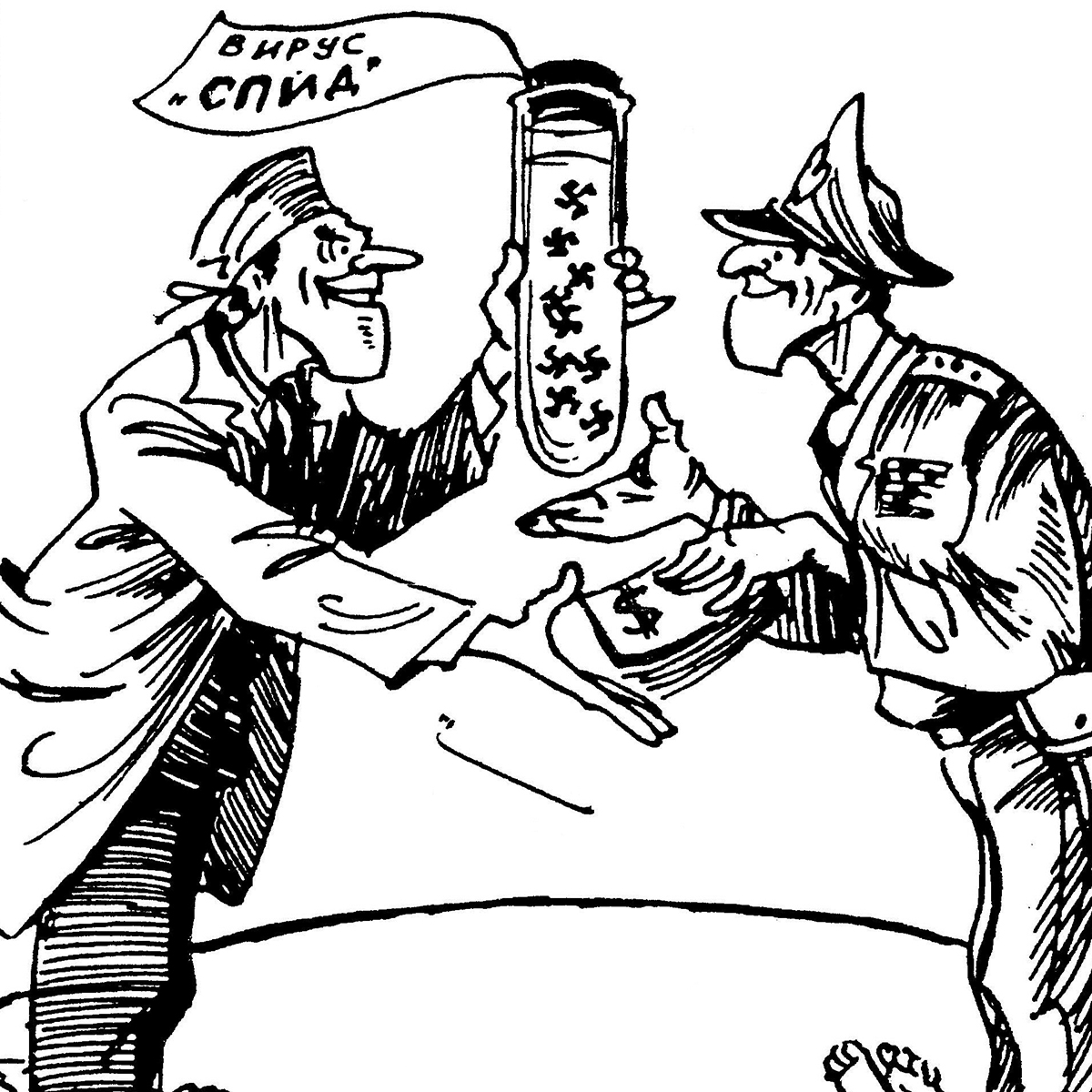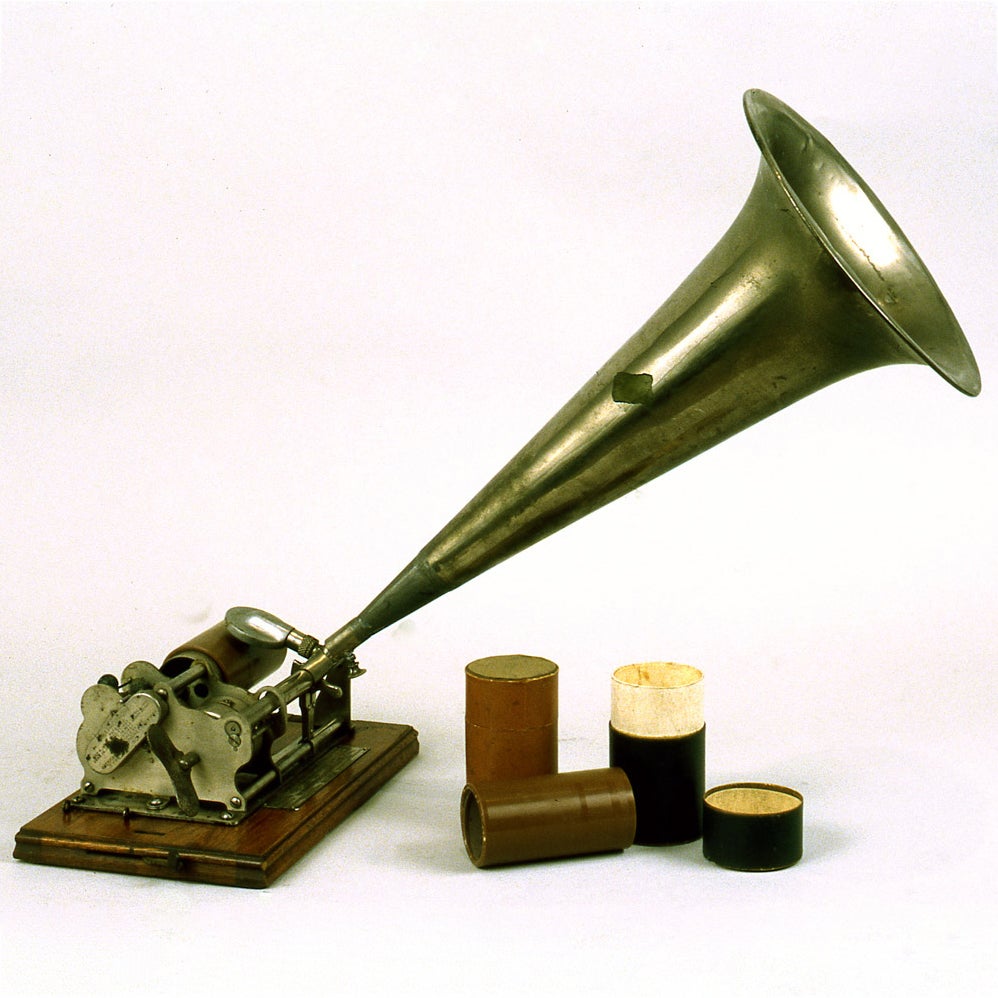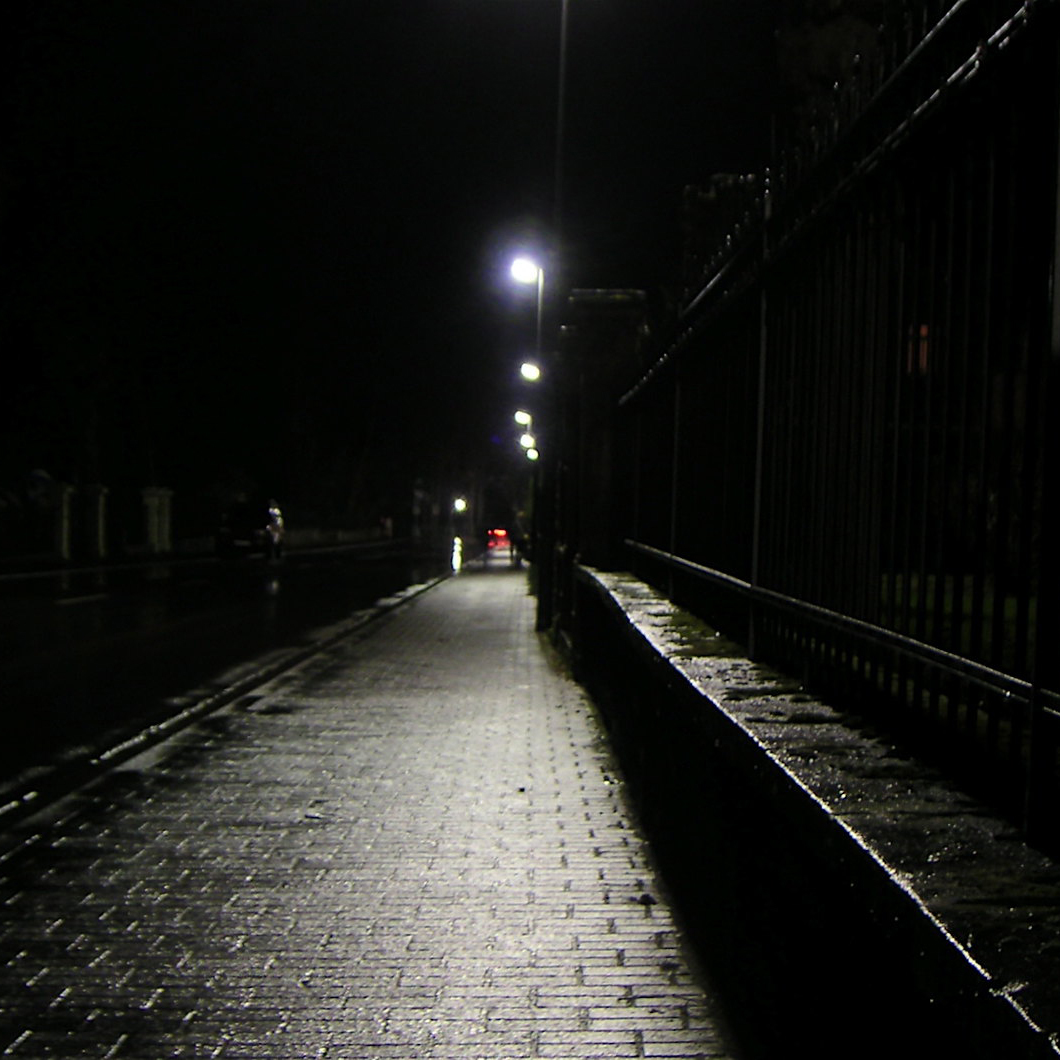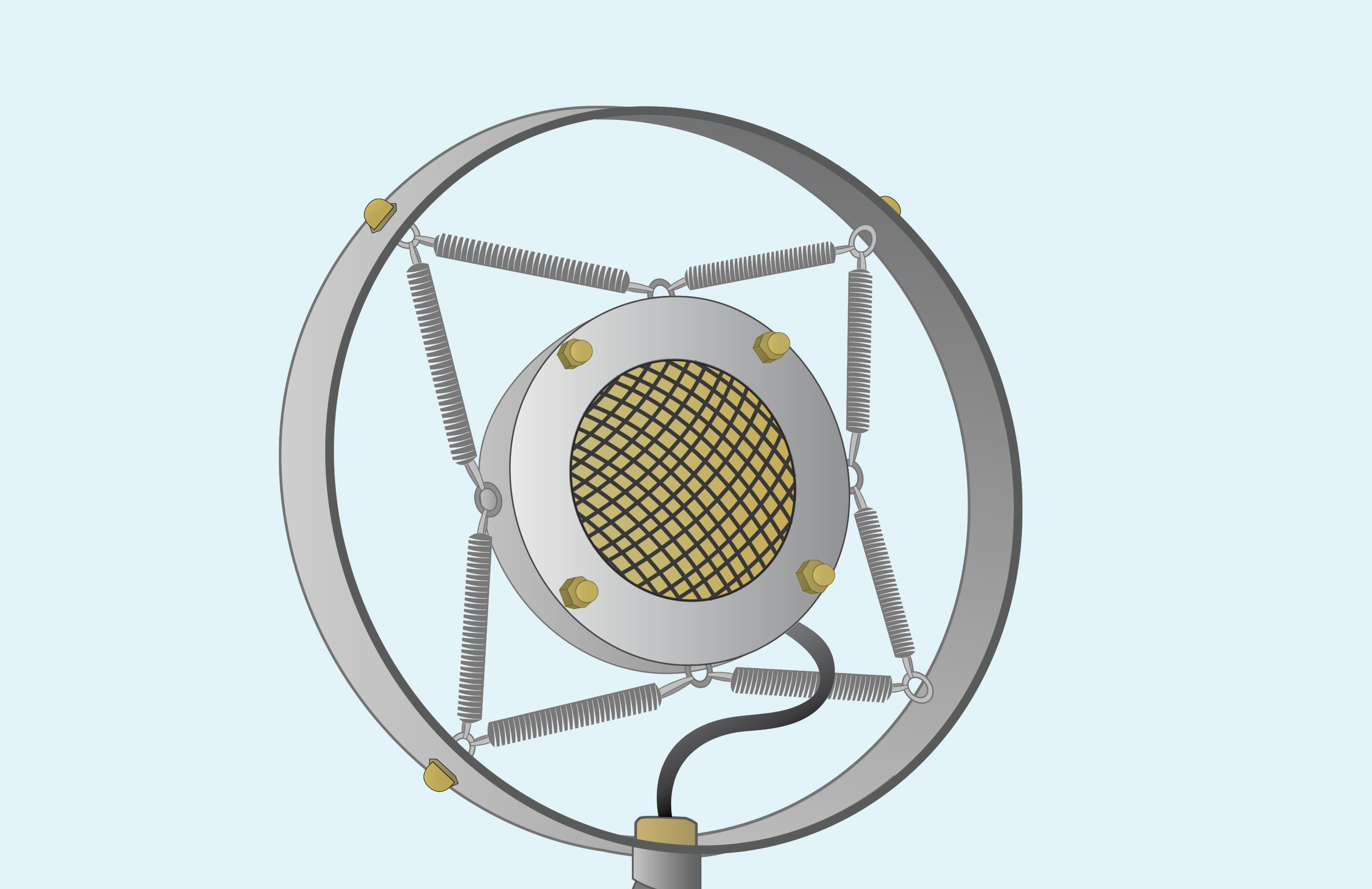
Reverb Effect
Reverb Effect is a history podcast exploring how past voices resonate in the present moment.
How do we make sense of those voices? What were they trying to say, and whose job is it to find out? We’ll dig into the archives, share amazing stories about the past, and talk with people who are making history now.
Listen to a supercut of Reverb Effect‘s second season:
Season 1 – Season 2 – Season 3 – Season 4 – Season 5
Season 5
Season 5, Episode 4: Constructed Categories: Syriac Christians and the Immigration Act of 1924
One person, missionary EW McDowell, influenced the fate of Syriac Christians ahead of the US Immigration Act of 1924. In this episode, Hannah Roussel interviews James Wolfe about McDowell, whose writings and testimony before Congress opened up the dialectics about the nature of the category…
Season 5, Episode 3: “Peace to the World”: Lessons from the Soviet Antiwar Underground
Alexander McConnell talks with Olga Medvedkova, a Soviet antiwar activist whose arrest garnered worldwide attention in 1983. In light of the second-year anniversary of Russia’s invasion of Ukraine, what can we learn from Medvedkova and the Soviet peace movement?
Season 5, Episode 2: Waiting with Mozart
Join Wolfgang Amadeus Mozart in 1777 as he waits, in an aristocrat’s antechamber in Munich, for a conversation that could change his life. What did it mean to wait in the past? Who waited? How did it shape society and culture?
Season 5, Episode 1: Curating the Remnants of Enslavement: A Conversation with Jason Young
In this episode, Paige Newhouse interviews Jason Young, co-curator of Hear Me Now: the Black Potters of Old Edgefield, South Carolina, a traveling exhibit housed at the University of Michigan Museum of Art centering enslaved artisans and the stoneware they produced.
Season 4
Season 4, Episode 3: Clesippus and the Candelabrum: Imagining Disability in Ancient Rome
The funerary inscription of Clesippus tells an impressive story of illustrious honors and administrative achievements in Ancient Rome. But there is another story, one of a man who navigated slavery, disability, and the sexual advances of the woman who owned him.
Season 4, Episode 2: Forging Property from Struggle in South Africa
In 1911, a contested horse race sparked one of the largest movements by black South Africans to reclaim colonized land. How does the history of the Native Farmers Association offer a glimpse into alternate futures of property ownership in South Africa?
Season 4, Episode 1: Laboring for the Puerto Rican Vote
What happens when ten Puerto Rican men try to register to vote in 1950s Connecticut? Despite a lengthy public debate that ends up at the state supreme court, we don’t even know all ten of their names. How much of their story can we uncover?
Season 3
Season 3, Episode 4: The Two Monsieurs
In 1836, Monsieurs Pierret and Lami-Housset transformed fashion when they opened the first shirt store in Paris. Their radical feat? They tailored a shirt.
Season 3, Episode 3: The Real Housewives of Medieval London
Housekeeping is not timeless, but subject to economic changes, and demographics, and ideological beliefs. Why is housekeeping associated with women? And how do global disasters influence housekeeping and amplify patriarchy?
Season 3, Episode 2: Navigating Pregnancy: A Century of Prenatal Care
In 1930 the Children’s Bureau detailed a schedule of prenatal visits during pregnancy. And there the schedule sat while the world changed for nearly 100 years.
Season 3, Episode 1: Music Time in Africa
Duty called in 1941, and duty called again in 1964. But what happened when music came to be a weapon in the information wars of the Cold War?
Season 2
Season 2, Episode 6: Surviving Patriarchal Violence at Home: Incest Victims in the Progressive Era
In a country that had little to no understanding of incest as patriarchal violence, what happened to girls who fought for freedom from sexual abuse?
Season 2, Episode 5: A Prison by Any Other Name: Imagining Childhood Criminality in 1920s Chicago
How can childhood histories help us understand the dynamic between children, authority figures, and the spaces they inhabited in 1920s Chicago? How can we best hear their voices?
Season 2, Episode 4: Mother Caravan: Disappearance and Resistance along the Migrant Trail
When their children began to disappear en route to the United States, a small group of mothers banded together to demand that their children be returned to them alive.
Season 2, Episode 3: Envisioning Eternity: Women and Purgatory in the Seventeenth-Century Spanish World
During the seventeenth century, Spaniards attempted to map and situate not just the Americas, but also otherworldly spaces like Purgatory. How did women participate in this knowledge production?
Season 2, Episode 2: The Unnatural Vice: King Henri III, Sodomy, and Modern Masculinity
The content of sodomy accusations has changed a lot over the past millennium. How does sexuality help forge conceptions of masculinity, both in sixteenth-century Europe and today?
Season 2, Episode 1: Revival and Reckoning: A Colonial Museum in Postcolonial Italy
Colonial museums are tangible representations of the unequal relationships between people, communities, and nations. What can a museum tell us about Italy and its former African colonies?
Season 1
Season 1, Episode 7: Archie Bunker for President!
Many liken Donald Trump to sitcom character Archie Bunker, a comparison based on personal characteristics and a shared hometown: Queens, New York.
Season 1, Episode 6: Policing Gold: Law Enforcement in the Shadow of the LA Olympics
As athletes, spectators and press from around the world arrived in the city, they would be watched.
Season 1, Episode 5: Capacity Matters: Immigrant Prisons in the United States
Migrant detention at the US border is not new. When did asylum seekers become criminals?
Season 1, Episode 4: Archive Magic: Assembling History, One Clue at a Time
The clue was a note, tucked away in a digitized letter, referencing a 1969 illustration of an indigenous woman in protest …
Season 1, Episode 3: Evidence of Absence: Lilli Segal, the KGB, and the AIDS Crisis
Dive into the lifecycle of a “fake news” story from the 1980s and learn how a lie about one of the twentieth century’s most critical health epidemics—HIV/AIDS—was used to push…
Season 1, Episode 2: Recording the Family: In Search of the Sonic Archive
Historians often search for the “voices” of the past, crafting stories past actors might have told from the records they leave behind. But what are the chances they will hear…
Season 1, Episode 1: Street Harassment, Then and Now
In what ways can a look be unsettling? Intimidating? Might it be dangerous? How does one study the history of an act so fleeting, and so difficult to record? We’ll…

